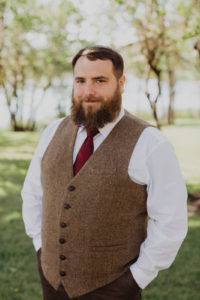WHAT TO EXPECT
Our Sunday morning worship service meets at 10 a.m. and includes a blend of traditional and contemporary music, a time of waiting on the Lord, and a time of study in God’s word. Also at that hour there are separate activities for nursery age through third grade children. Service takes about an hour. You are welcome to arrive early and get to know people.
